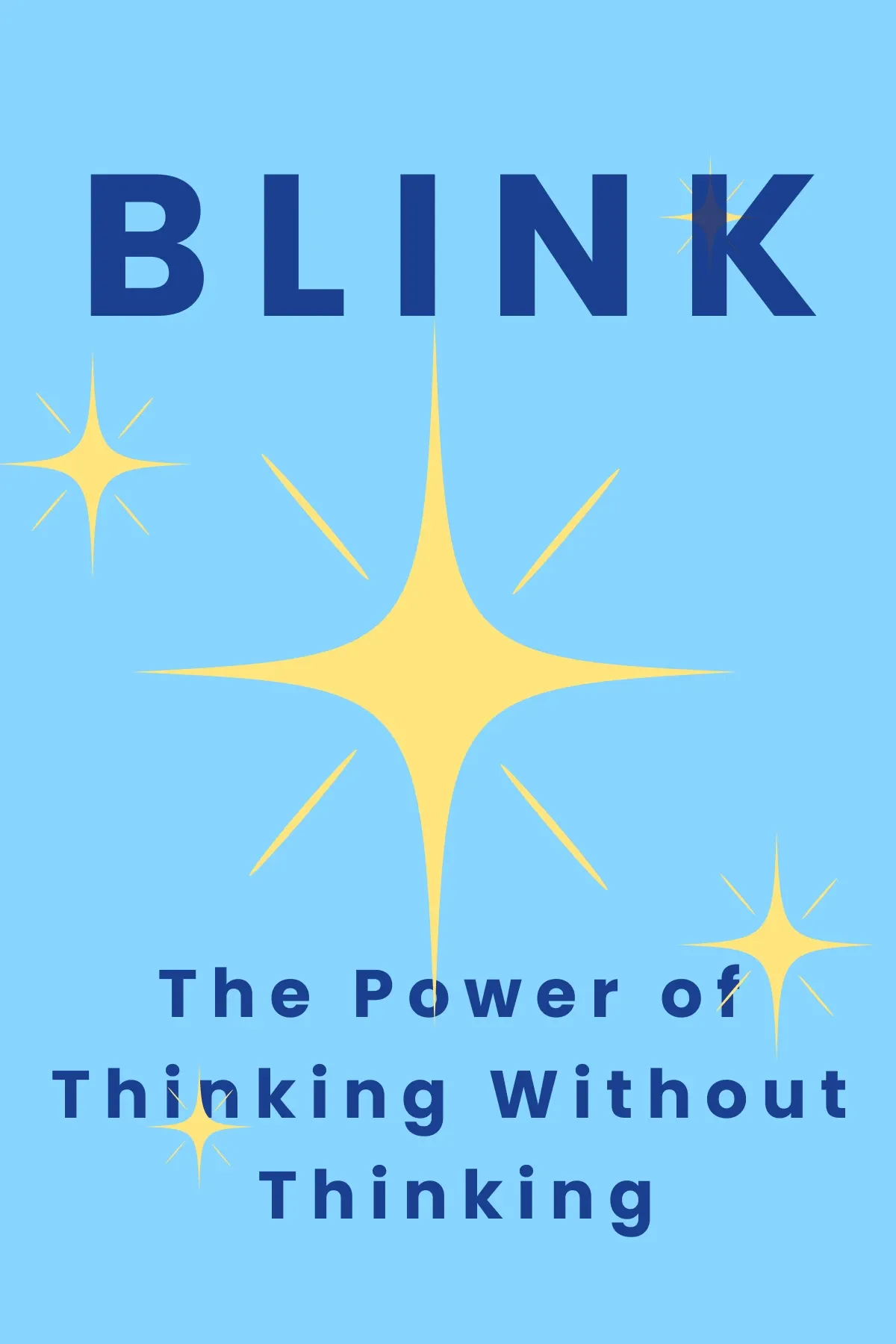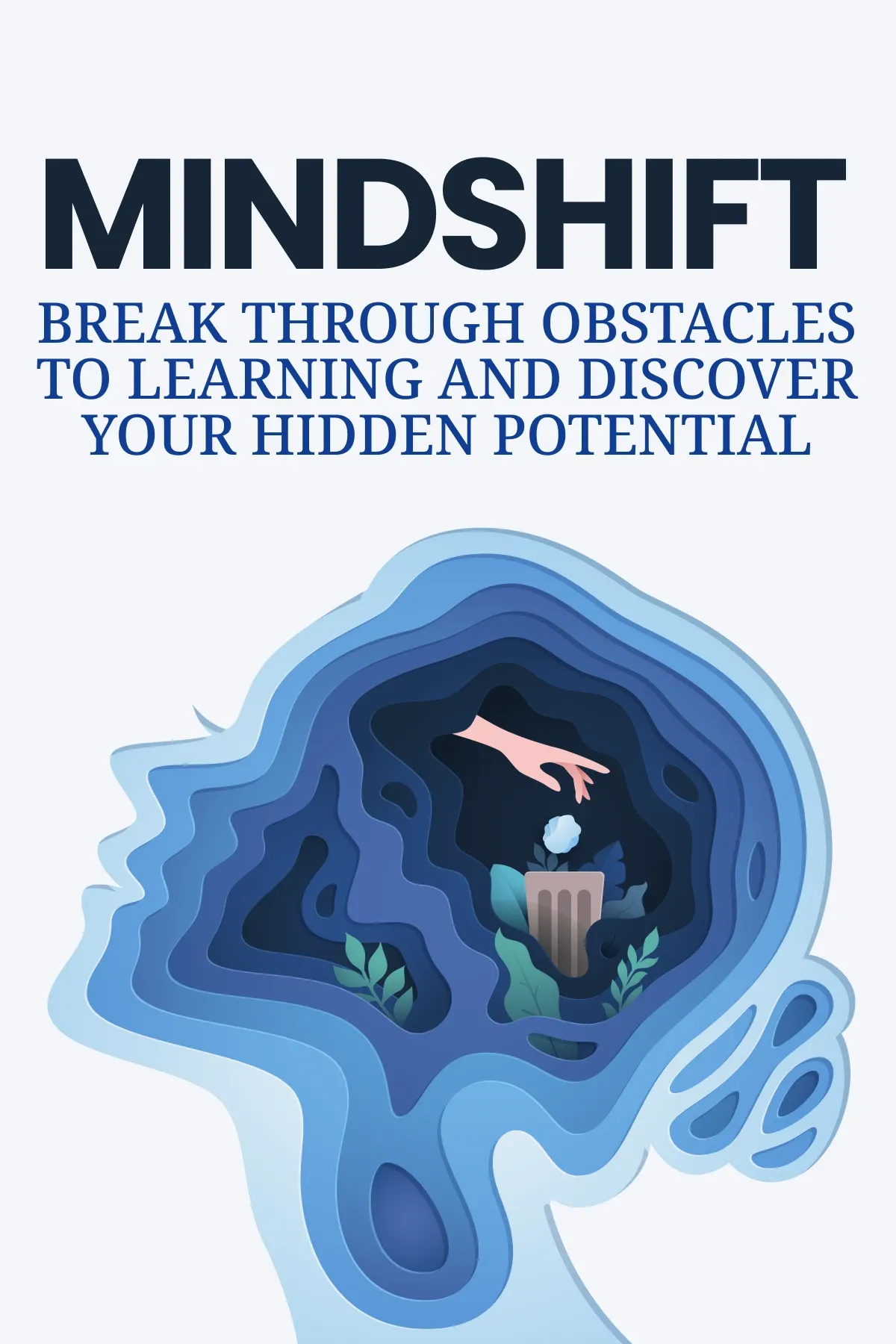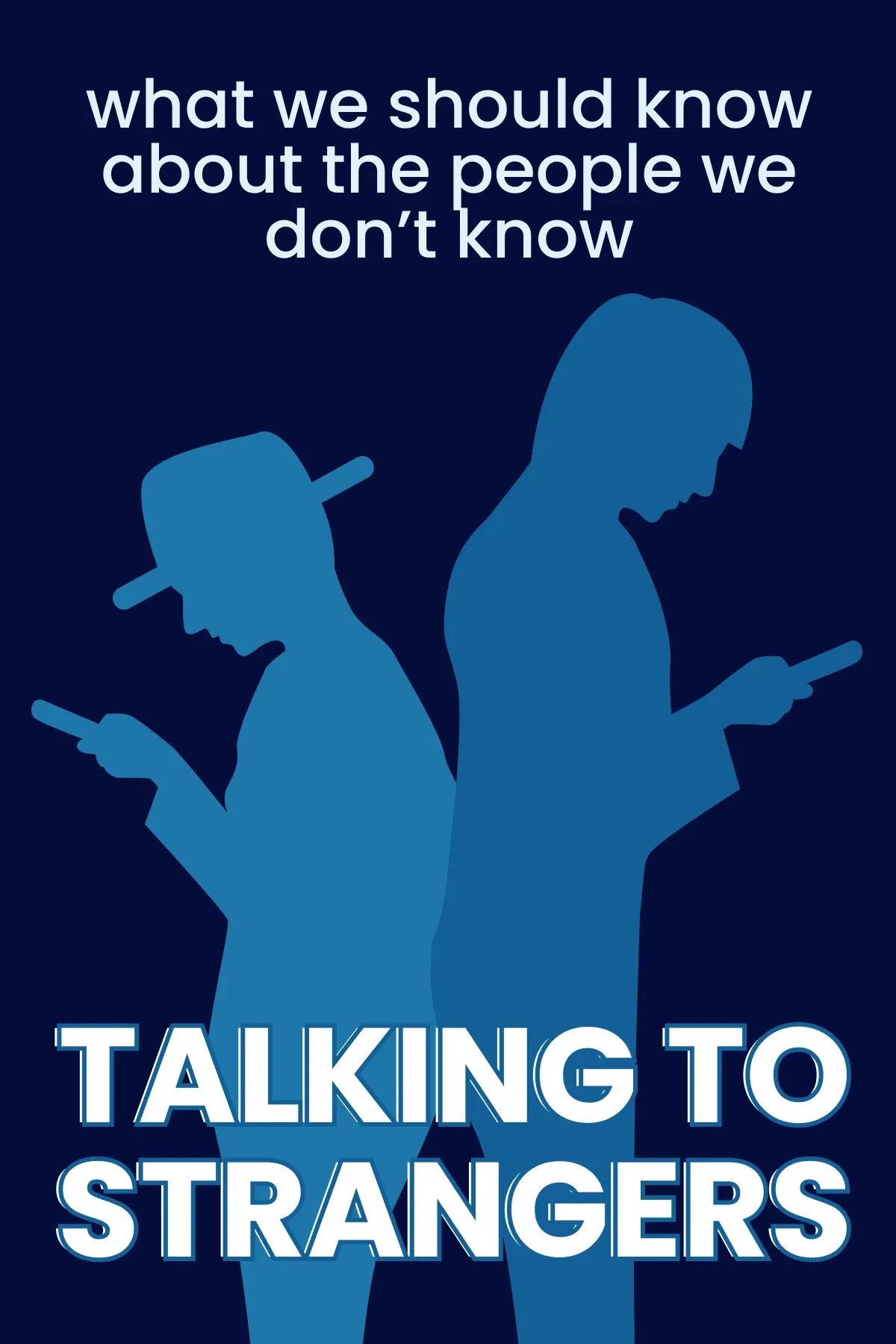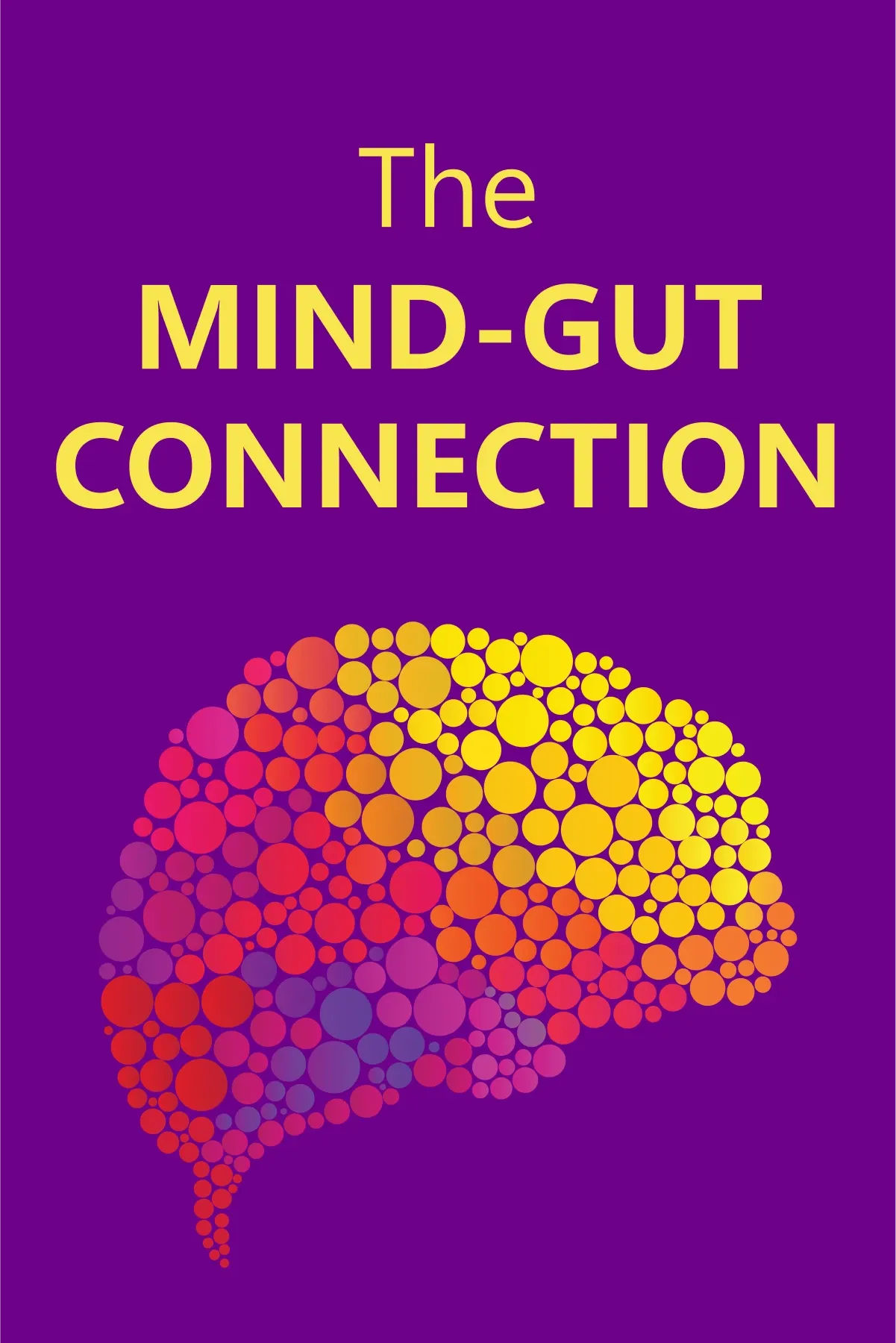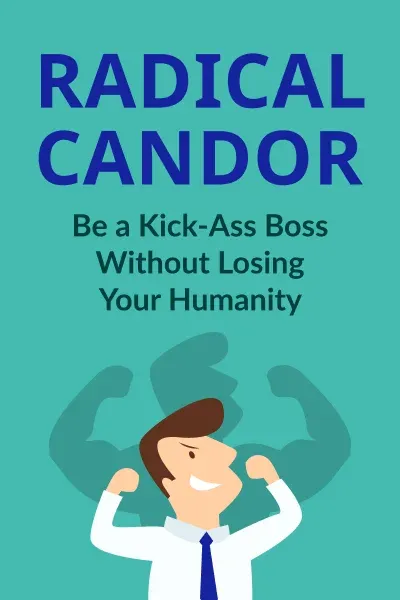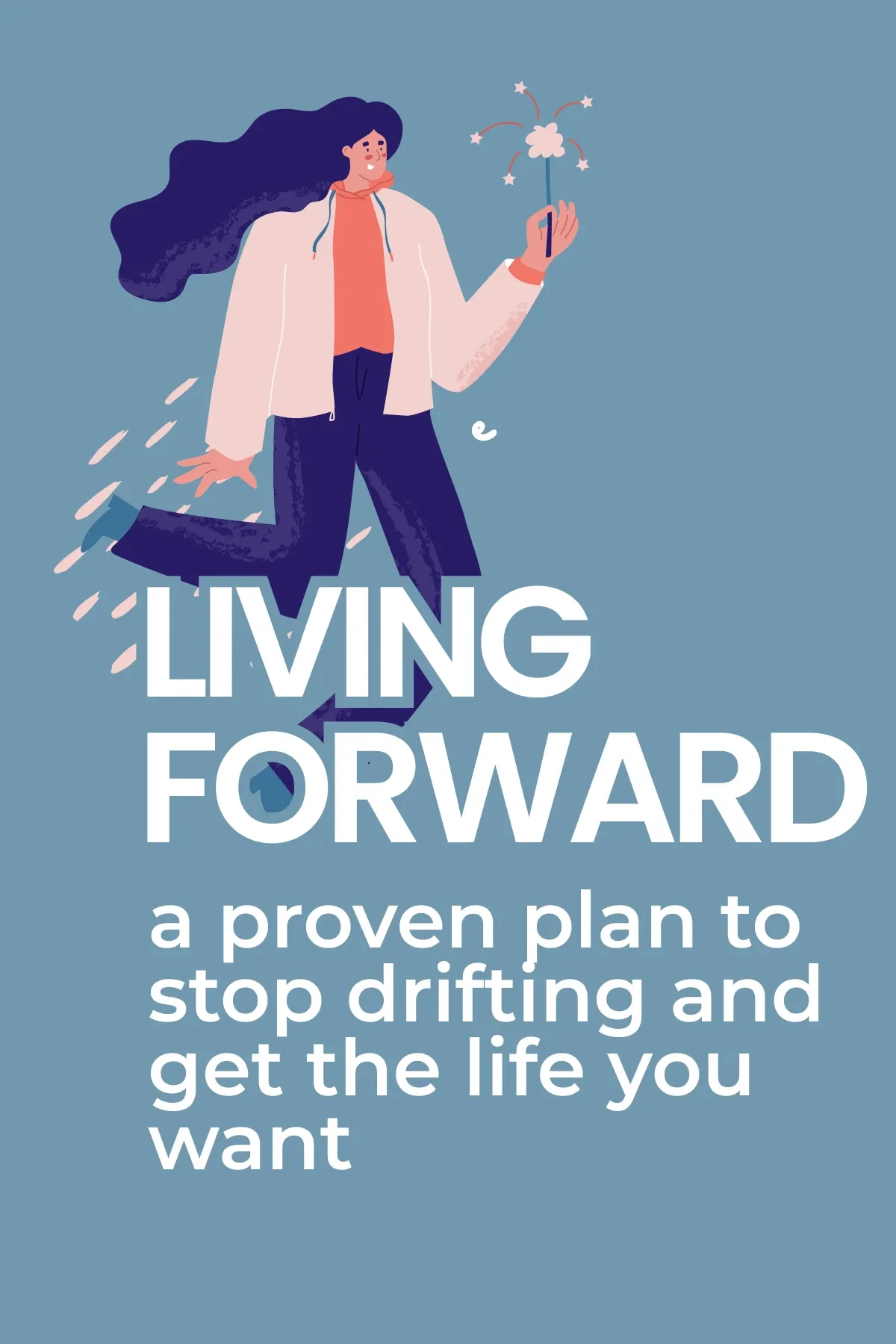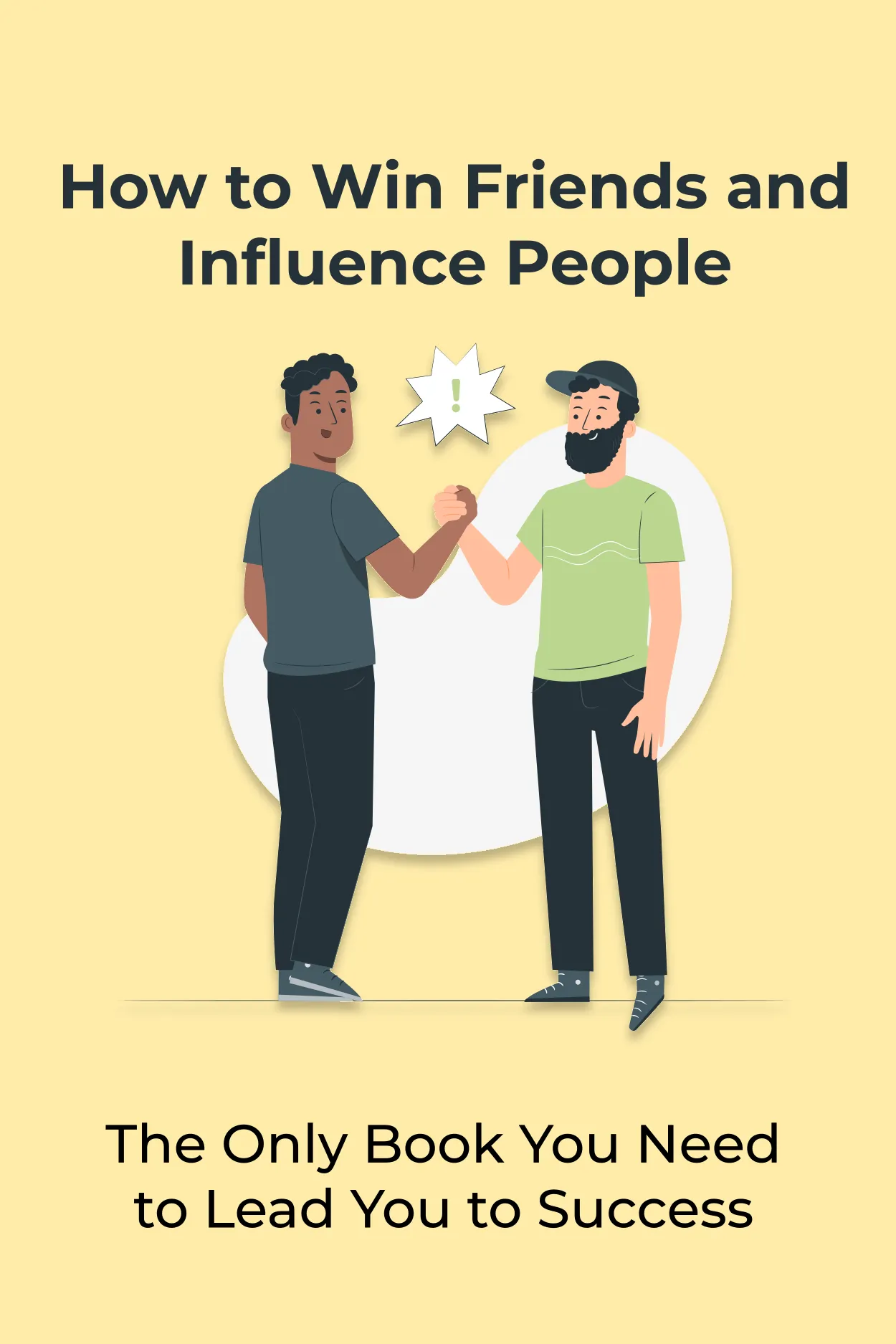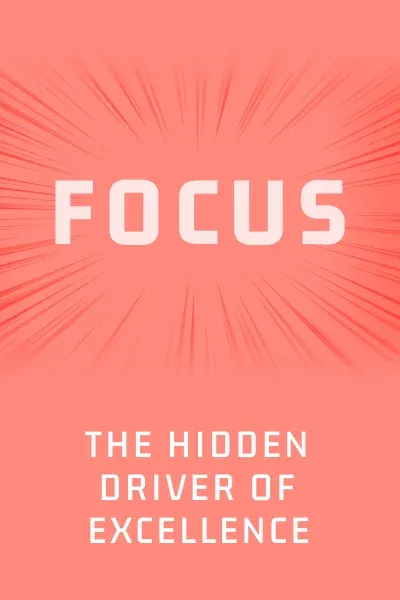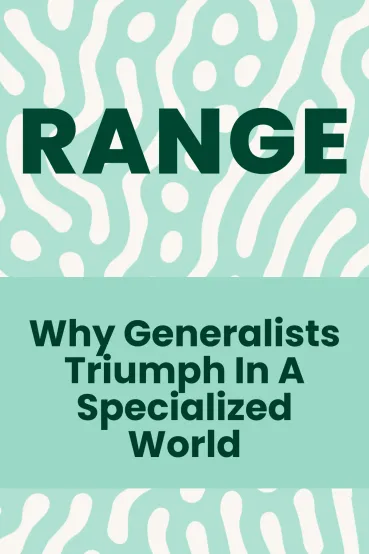
Range
Brief Summary
Have you ever considered that the commonly accepted "rules of success" don't always work? Sometimes, superficial knowledge leads to better awareness. If you don't believe us, “Range” by David Epstein will convince you.
Topics
Key points
Key idea 1 of 9
We're used to the idea that practice from a young age guarantees success. You have probably heard many times that the earlier you start learning, the more skillful you will become. Parents often "introduce" their children to a specific activity from early childhood. The question is whether it's effective or not.
Let's look at Tiger Woods. He learned to hold a club before he was two years old. And he's one of the best golfers in the world. Another example is Laszlo Polgar. Being a chess teacher, he made it a goal to raise his daughters to be first-class grandmasters. Girls learned to play chess at a very young age. Later on, all three achieved incredible success. Such cases led to the misconception of the head start. People embrace that learning something as a child will make them successful. They forget that life is way more complicated and twisted than golf or chess.
American psychologist Daniel Kahneman says experience doesn't always benefit your skills. It helps only with constant repetition. Research shows that if professionals have to deviate from a neatly practiced "course of action," their success is quite mediocre. It means professional knowledge is only valid for some spheres.
There are so-called "kind" domains. They have a clearly defined set of required actions. For example, if you are a lifeguard at the beach, your job is to be a good swimmer and a first-aider. You need only to follow the pattern to achieve the result. On the other hand, there are "wicked" domains. Here, the situation is the opposite. When unusual happens, you may lack your standard skills. Even the best professional may be confused and helpless in such a scenario.
It explains why artificial intelligence cannot surpass humans. AlphaZero is an example. The computer program was aimed to be the first to learn how to play chess by itself. It had to hone techniques and tactics to win games with the same patterns. Yet, humans overcome AI by developing new strategies. We use our flexible thinking. It gives us an unquestionable advantage in open-ended situations.
FAQ
You may also like these summaries


